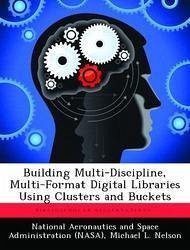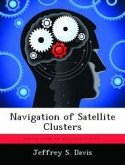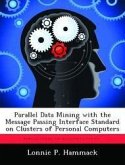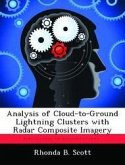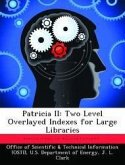Our objective was to study the feasibility of extending the Dienst protocol to enable a multi-discipline, multi-format digital library. We implemented two new technologies: cluster functionality and publishing buckets. We have designed a possible implementation of clusters and buckets, and have prototyped some aspects of the resultant digital library. Currently, digital libraries are segregated by the disciplines they serve (computer science, aeronautics, etc.), and by the format of their holdings (reports, software, datasets, etc.). NCSTRL+ is a multi-discipline, multi-format digital library (DL) prototype created to explore the feasibility of the design and implementation issues involved with created a unified, canonical scientific and technical information (STI) DL. NCSTRL+ is based on the Networked Computer Science Technical Report Library (NCSTRL), a World Wide Web (WWW) accessible DL that provides access to over 80 university departments and laboratories. We have extended the Dienst protocol (version 4.1.8), the protocol underlying NCSTRL, to provide the ability to cluster independent collections into a logically centralized DL based upon subject category classification, type of organization, and genre of material. The concept of buckets provides a mechanism for publishing and managing logically linked entities with multiple data formats.

